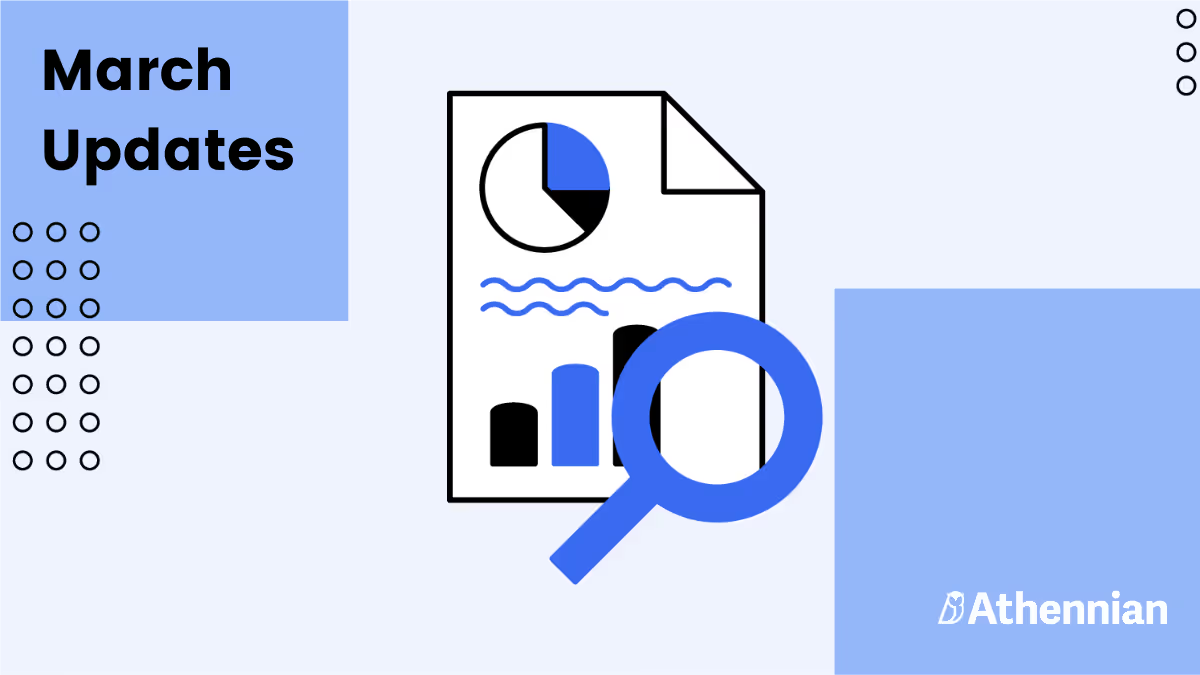In financial operations, the importance of beneficial ownership disclosure cannot be overestimated. While UBO compliance is essential to avoid steep regulatory penalties, identifying and reporting beneficial owners ensures more streamlined due diligence, deal-making and M&A, facilitates AML/KYC checks, and helps mitigate risks.
In this article, we discuss the key regulations on beneficial ownership reporting worldwide, the challenges for regulatory adherence across jurisdictions, and UBO disclosure best practices to ensure compliance.

Key UBO Regulations Impacting Financial Operations
As of the beginning of 2025, 76% of the world's leading economies have implemented UBO regulations. For the most part, these regulations are aligned with the recommendations of the Financial Action Task Force (FATF), aiming to prevent money laundering and safeguard financial systems.
That said, there are considerable differences in scope, definitions, and UBO disclosure impact across jurisdictions due to regulatory divergence and implementation.
Asia-Pacific
The UBO disclosure rules in Asia-Pacific vary due to jurisdictional divergence and differences in the application of regulations.
For example, many Asia-Pacific jurisdictions practice different approaches to the enforcement of beneficial ownership disclosure. Meanwhile, some countries, such as South Korea, still lack a centralized public UBO register.
Europe
In the EU, national regulations requiring companies to disclose beneficial owners have so far been based on Anti-Money Laundering Directive IV and Directive V.
Meanwhile, the EU's latest Anti-Money Laundering Regulation, published on July 19, 2024, builds upon earlier Directives and further clarifies the requirements for identifying beneficial owners, having a wider UBO disclosure impact on national regulations.
United States
In the US, the Corporate Transparency Act (CTA) obliges all companies registered before 2024 to file their beneficial ownership information by January 13, 2025.
Designed to target so-called shell companies, the CTA requires businesses, including foreign entities registered with the Secretary of State, to disclose the identities of their beneficial owners. Companies that are not eligible for exemption must report their beneficial owners through FinCEN's Beneficial Ownership E-Filing System and regularly update their UBO information.
Canada
Amended by Bill C-42, the Canada Business Corporations Act (CBCA) aims to provide better transparency about beneficial owners of Canadian federally registered corporations.
At the same time, the federal CBCA Act so far does not require provincially registered corporations to report their beneficial owners at the federal level. While the government works on creating a pan-Canadian registry, provincial corporations still report their UBOs according to local laws, which differ significantly across the country.
LATAM
The LATAM region showcases significant diversity in the adoption and application of beneficial ownership disclosures.
While a serious effort has been made across LATAM countries, many major jurisdictions like Brazil have not yet established full UBO reporting on the nationwide level. In most countries, there is no centralized registry for UBO information or requirements for foreign entities.
Compliance Challenges Across Jurisdictions
Since UBO regulations by region are so different, global organizations have to address them individually.
Meanwhile, major challenges to ensuring beneficial ownership compliance have much in common across jurisdictions. These include :
- Ensuring Data Privacy: As companies collect sensitive data identifying beneficial owners, such as names, dates of birth, and addresses, they need to ensure the privacy and safety of this information according to data privacy laws.
- Large Scope of Data Points: Global organizations with multiple entities need effective technology to collect, store, file and update large volumes of data on their UBOs.
- Identifying UBOs in Complex Structures: In many jurisdictions, regulatory uncertainty can lead to ambiguity in defining UBOs with voting rights in intermediary entities.
- Jurisdictional Divergence: Divergent legislation on provincial, federal and international levels creates an additional layer of complexity for multi-jurisdictional compliance and reporting beneficial owners for larger organizations.
- Steep Penalties for Non-Compliance: Regulators set high penalties for non-compliance, including monetary fines and criminal liability.
- Complex Relationship of Financial Operations and UBOs: Issues in identifying or reporting beneficial owners have an adverse impact not only on compliance but also on financial operations overall.
Best Practices for Managing UBO Compliance Globally
The UBO disclosure impact on financial operations across borders requires establishing roles within an organization and creating governance frameworks for beneficial ownership compliance.
At the same time, the scope of challenges faced by global companies and the diversity of UBO regulations by region requires allocating resources and implementing UBO disclosure best practices, including:
- Establishing Clear Policies on Identifying UBOs: The teams need clear guidelines to identify beneficial owners in all types of legal entities, including complex and multilayered structures.
- Keeping UBO Information Up-to-Date: Companies need to ensure sharing and updating beneficial ownership data in real time to avoid penalties for non-compliance.
- Automating UBO Disclosures: A large scope of data for disclosure on beneficial owners and different timeframes across jurisdictions calls for the automation of UBO reporting.
- Implementing Effective Legal Tools: The compliance teams tasked with reporting beneficial owners need legal technology to streamline their workflows in the face of regulatory complexity.
.avif)
Tools for Simplifying UBO Disclosure and Compliance
Among the tools for reporting UBOs, modern entity management software provides the required functionality to ensure beneficial ownership compliance.
Centralized Cloud Database for UBO records
Modern entity management platforms like Athennian provide legal teams with a single source of truth for corporate records, including UBO data for all their legal entities.
When UBO records are stored on a secure cloud in Athennian, they are available from anywhere on any device with role-based access and can be updated in real-time.
Automated Workflows
When in-house counsel keeps data on beneficial owners in Athennian, they can streamline their compliance work with automation tools and minimize compliance risks in global UBO.
By utilizing pre-populated, customizable templates, legal professionals avoid manual input of data and can create reports with just a few clicks. Meanwhile, automated reminders can help ensure that filings meet the deadlines across jurisdictions and avoid penalties for non-compliance.
AI Compliance Tools
The implementation of AI in Athennian entity management software allows for further expediting UBO disclosures.
Powered by Athennian AI tools, legal teams can process multiple documents in various formats within seconds, extract UBO data, and create people's records automatically, saving hours of manual work.
Staying Ahead of UBO Challenges in Global Operations
Beneficial ownership reporting isn't just a regulatory requirement—it's a critical factor in financial operations across regions. In addition to compliance, UBO disclosure impact has far-reaching implications for deal-making, adherence to sanctions regimes and risk management.
At the same time, navigating the patchwork of UBO regulations requires a clear strategy and the right tools. Discover how Athennian's Global Entity Management platform can help streamline UBO disclosure and compliance—schedule a demo today!




.svg)




.avif)



-p-500.webp)
-p-500.webp)
-p-500.webp)
.webp)
